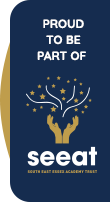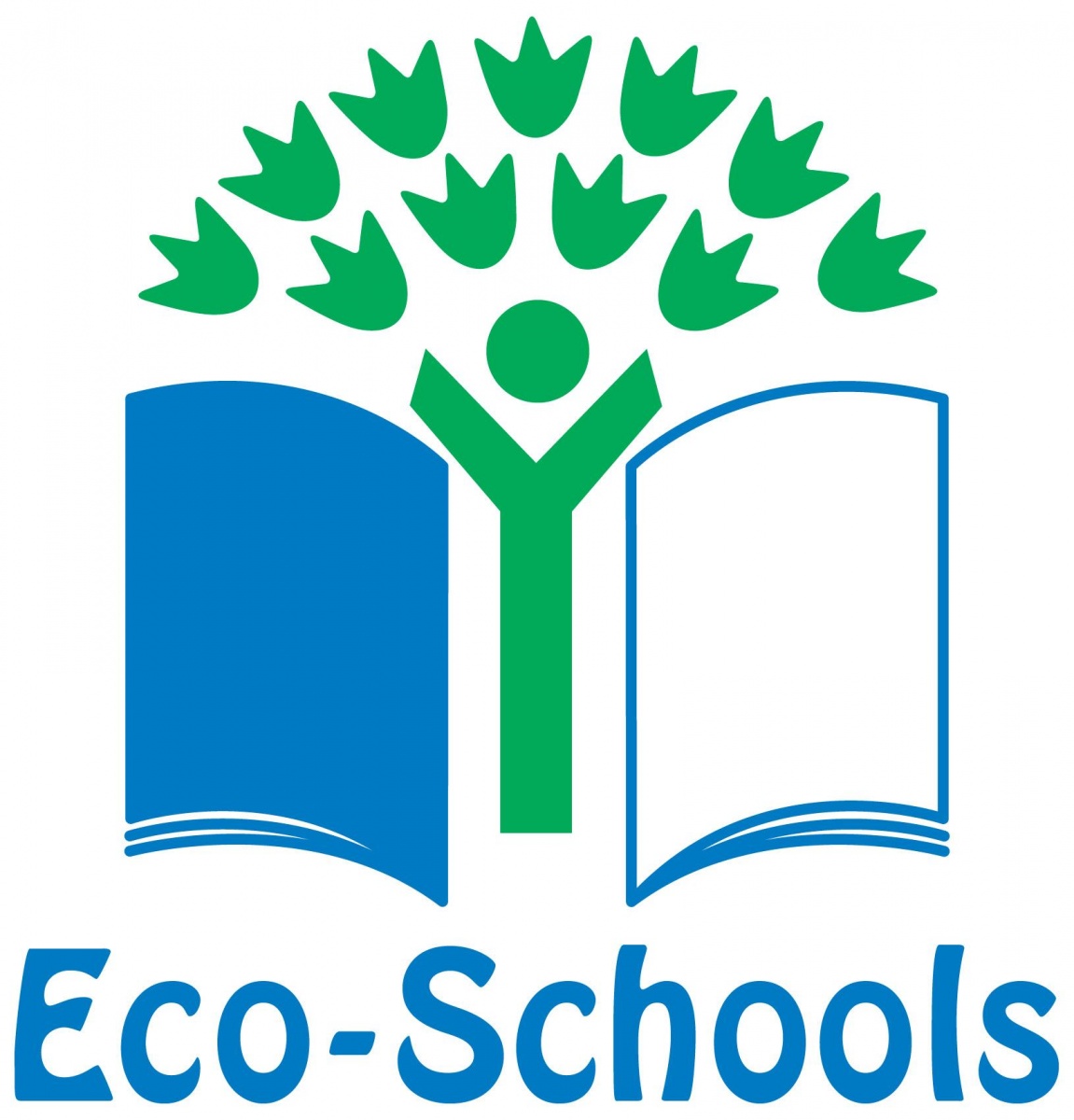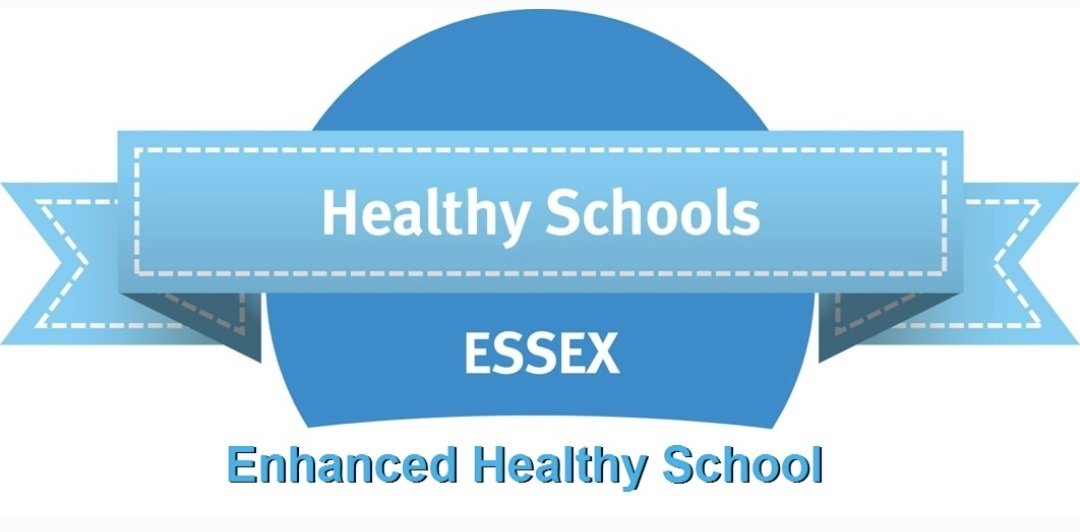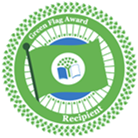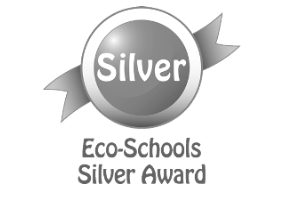Our history curriculum is designed to give pupils a broad knowledge of the world and the events that have shaped how we know it. The coverage ensures that children acquire a basic knowledge of the events in the first year of the milestone coverage and extend into a deeper understanding as they move into the second year of the milestone. There is an emphasis on building key skills that can be used in various ways to further the learning and make comparisons between different historical events. We do this by focusing on key concepts which include interpreting the past, building an overview, communicating historically and understanding chronology. We look at big questions that the children will be able to develop answers to as they move through the history curriculum.
Intent
At RPS, our history curriculum should inspire and ignite the children’s curiosity of the past and present and help them understand the impact that historical events can have on their lives. Our history curriculum is planned and sequenced so that new knowledge and skills build on what has been taught before. It is broad and ambitious and intends to provide our children with the vital background knowledge required to be informed and thoughtful members of society with a greater understanding of their heritage and where they came from. Alongside this gained cultural capital, this curriculum helps develop children’s critical thinking skills and improves their historical perspective.
Children are encouraged to ask perceptive questions, think critically, weigh evidence, sift arguments, and develop perspective and judgement. Children are taught to communicate historically by using historical vocabulary and techniques to convey information about the past. Children begin to understand the complexity of people’s lives, the process of change, the diversity of societies and relationships between different groups, as well as their own identity and the challenges of their time. What they learn through history can influence their personal choices, attitudes, and values.
Implementation
The key knowledge and skills that children acquire and develop throughout the year have been mapped to ensure progression between year groups throughout the school. Each new history topic is introduced with reference to the chronology of previous topics (including those from previous years).
At RPS, we deliver a knowledge-based curriculum. This is knowledge can be divided into substantive knowledge, substantive concepts, and disciplinary knowledge. Substantive knowledge refers to knowledge of the past: people, events, ideas, and so on. Substantive concepts refer to abstract concepts such as invasion, tax, trade, monarch, or empire. Disciplinary knowledge refers to knowledge of history as a discipline and the methods of historians. Teachers impart this substantive knowledge.
Each lesson is based around one (or more) of Chris Quigley’s ‘knowledge categories’: Settlements, Beliefs, Cultures and past times, Location, Main events, Food and farming, Travel and exploration, Conflict, Society and Artefacts.
These categories are taught throughout Years 1 to 6, allowing children to compare different eras and peoples. To ensure this substantive knowledge is embedded, repetition is key. At key points in the learning process, children complete POP quizzes (Proof of progress). This repetition ensures that the knowledge goes into the long-term memory. Alongside these ‘knowledge categories’, each lesson also focuses on a disciplinary skill of a historian.
These disciplinary lesson types are: Chronology, Diversity, Cause and consequence, Change and continuity, Significance and Interpretation (Historical enquiry)
This focus on substantive and disciplinary knowledge ensure that children build a secure overview of world history and can investigate and interpret the past effectively.
Impact
The work produced in the children’s books and in class, display a broad and well-balanced history curriculum and demonstrate the children’s acquisition of identified key substantive and disciplinary knowledge. Emphasis is placed on analytical thinking and children demonstrate a coherent knowledge and understanding of Britain’s past and that of the wider world. Children also record what they have learnt and complete a POP (proof of progress) at the end of each topic.
By the time RPS children leave our school they will:
Have an extensive base of historical knowledge and vocabulary.
Be able to investigate and interpret the past by analysing the available evidence, thinking critically and drawing their own conclusions.
Build an overview of world history, appreciating the characteristic features of the past and that these features are similar and different across time periods, and an understanding that life is different for different sections of society.
Have a firm understanding of chronology, appreciating that some aspects of history happened at similar times in different places.
Have a passion to continue to use their sense of excitement and curiosity when learning about the past
Use their knowledge to clearly articulate their thoughts and ideas about the past using key historical vocabulary.



